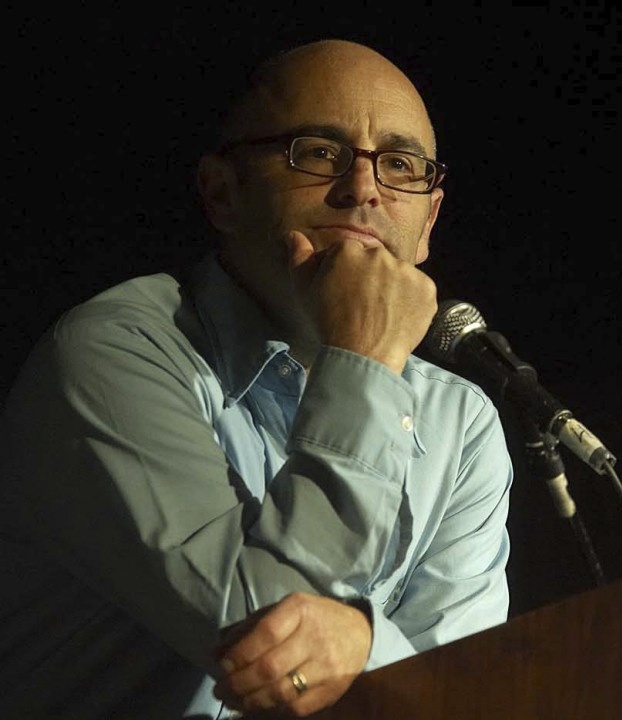In his book, Living the Secular Life, professor/atheist evangelist Phil Zuckerman claims that a variety of political and sociological factors are putting an end to religion in America. Zuckerman asserts it’s not the influence of Richard Dawkins or the intolerant mocking of Bill Maher that are swaying people away from God, but instead he thinks there are five cultural winds that are blowing individuals out of the religious ranks and into the secular fold.
Let’s hear what he has to say.
Zuckerman’s first point is that the rise of various religious-political groups that tightly coupled themselves with the Republican party in the 1980s has only served to “alienate a lot of left-leaning or politically moderate Americans from Christianity. Sociologists Michael Hout and Claude Fischer have published compelling research indicating that much of the growth of ‘nones’ in America is largely attributable to a reaction against this increased, overt mixing of Christianity and conservative politics.”
Second on Zuckerman’s list is the impact that has resulted from the sexual misconduct of various priests and the apparent cover-up of the incidents that occurred within the Catholic church’s government. The effect, says Zuckerman, has been quite noticeable with various polls showing serious declines in the Catholic ranks.
A third catalyst for reduced religious interest in America cited by Zuckerman is more women working outside the home. Zuckerman references Callum Brown as being “the first to recognize this interesting correlation: when more and more women work outside the home, their religious involvement — as well as that of their families — tends to diminish. Brown … argues that it has been women who have historically kept their children and husbands interested and involved in religion.”
Fourth in Zuckerman’s group is the growing acceptance of homosexuality as a moral sexual practice. Because the legitimization of homosexuality is typically fought by the religious, Zuckerman says that religion is viewed as intolerant and seen as an enemy to fairness and equality.
Lastly, Zuckerman lists the Internet as a chief ally in atheism’s education and evangelism of new converts. “For example,” says Zuckerman, “in her ongoing research on nonbelieving clergy, Linda LaScola has found that many pastors and ministers who have lost their faith in God cite their time spent on the Internet as a factor in their emergent atheism.”
So how do we as Christians respond to these claims by Zuckerman as well as his overall thesis about religion dying in America? In my opinion, supplying a worthwhile answer requires more than simply working through each item, so I’d like to provide my feedback by replying to Zuckerman’s key points in a cursory fashion, but then quickly move on to address from a general perspective and a Biblical standpoint what’s really being asserted behind the scenes.
Let’s begin with the explicit positions Zuckerman highlights. Is he right? In my opinion, I’d say both yes and no. Yes, there are some instrumental-cause impacts from the items he lists, but no, they aren’t the sledgehammers he makes them out to be.
I believe he’s correct in pointing out that mixing religion and politics has never been a good idea, especially when theocratic governments such those that are on the landscape today are the end result.
SOURCE: Christian Post, Robin Schumacher
All Content & Images are provided by the acknowledged source



